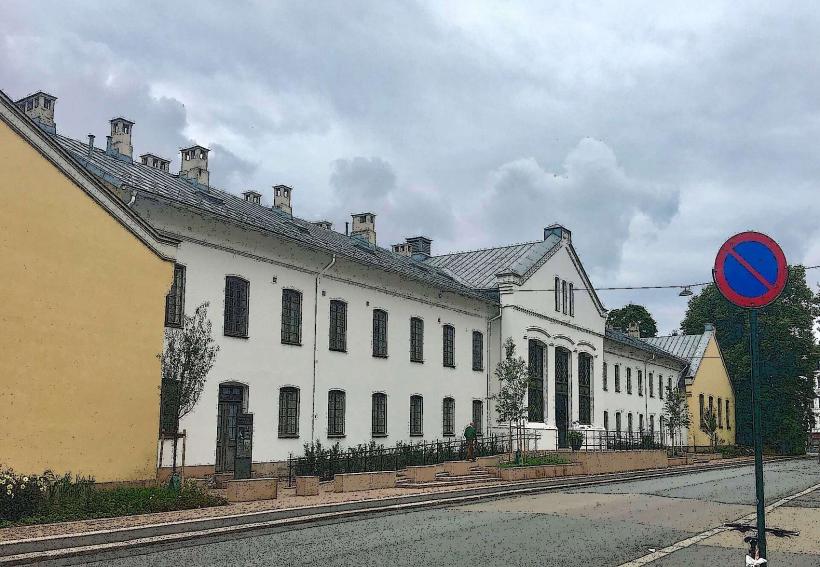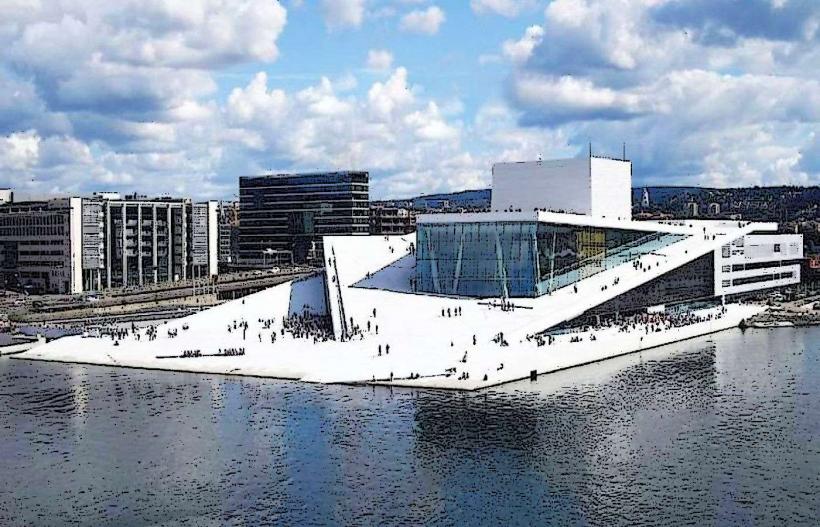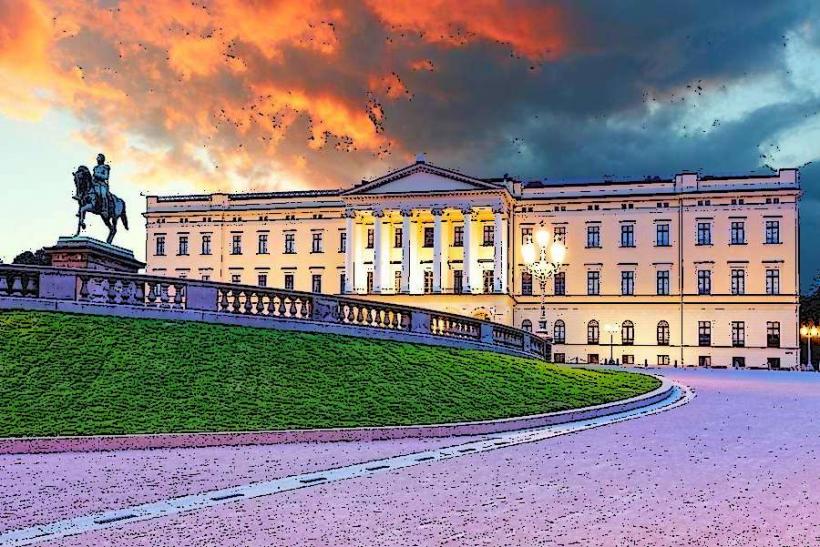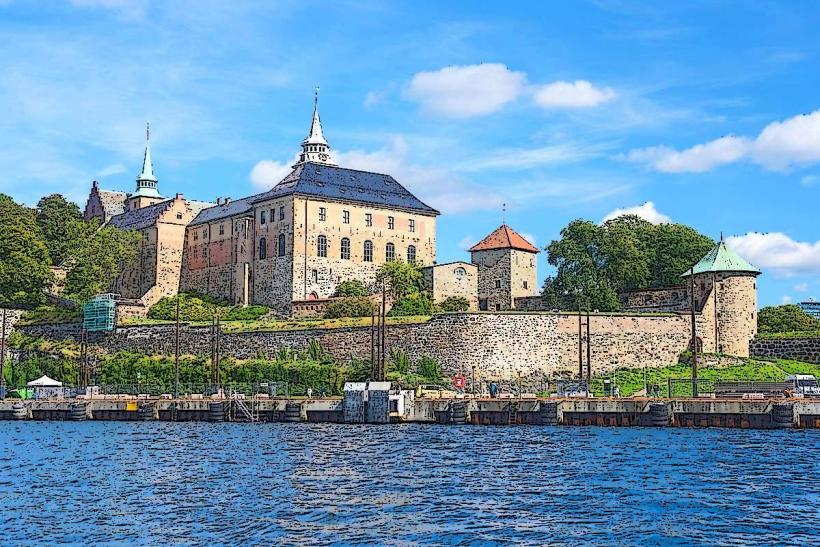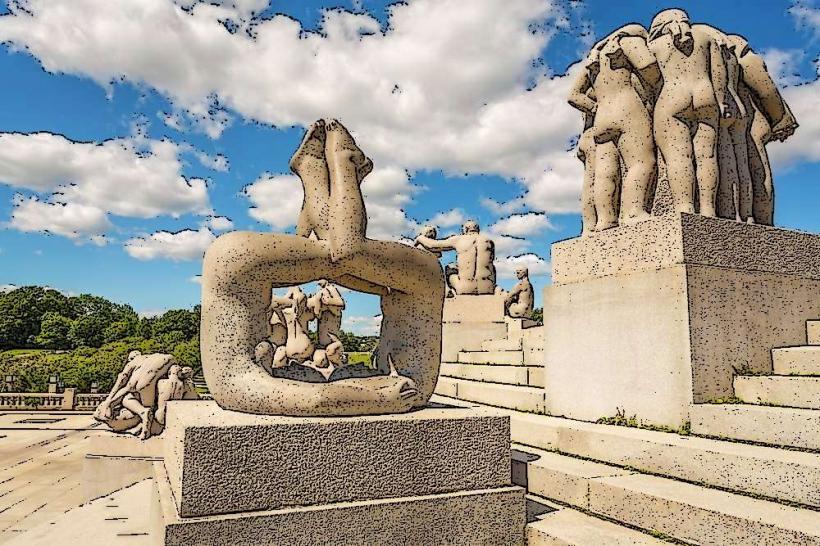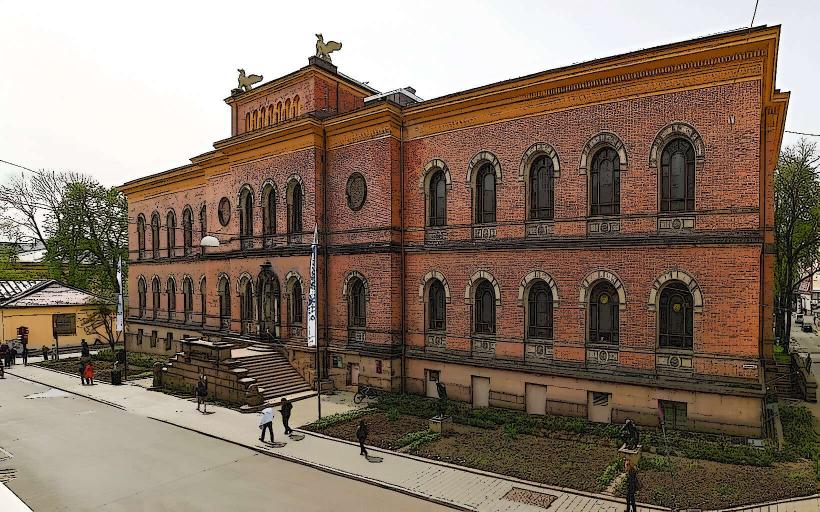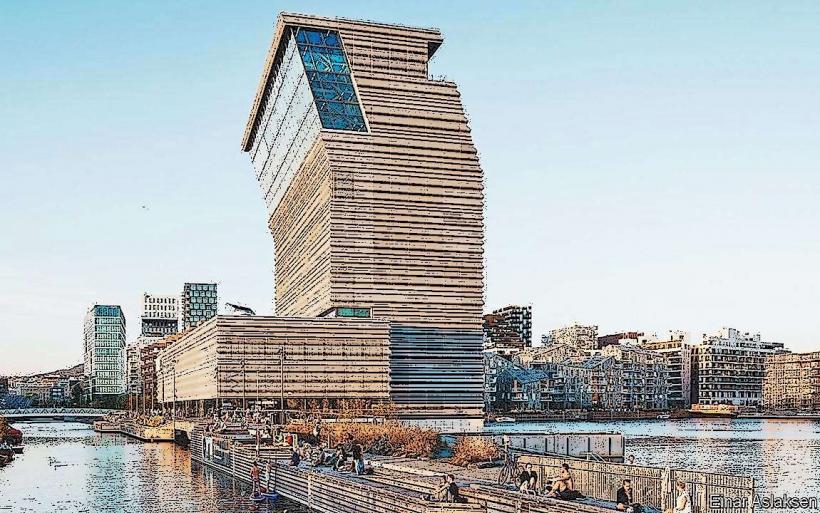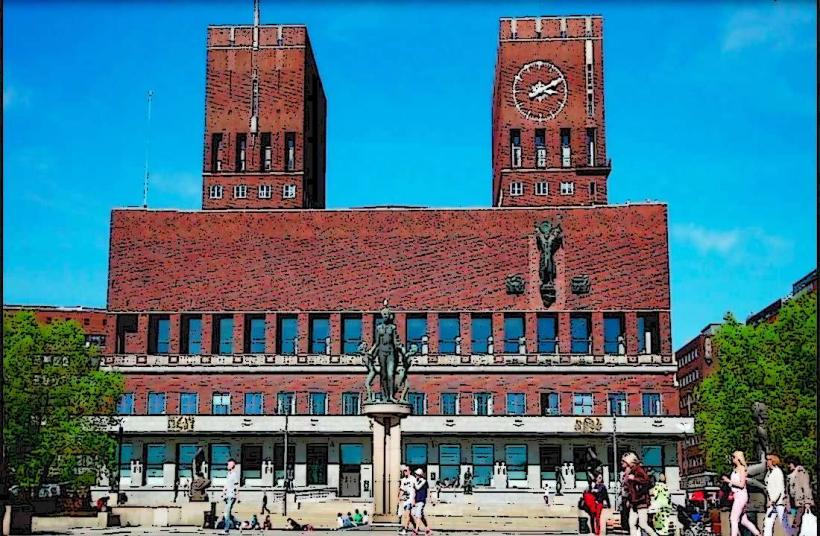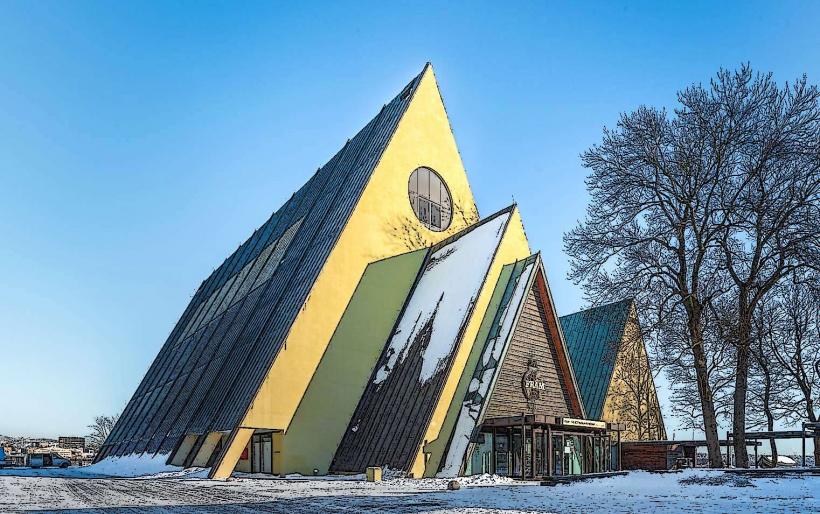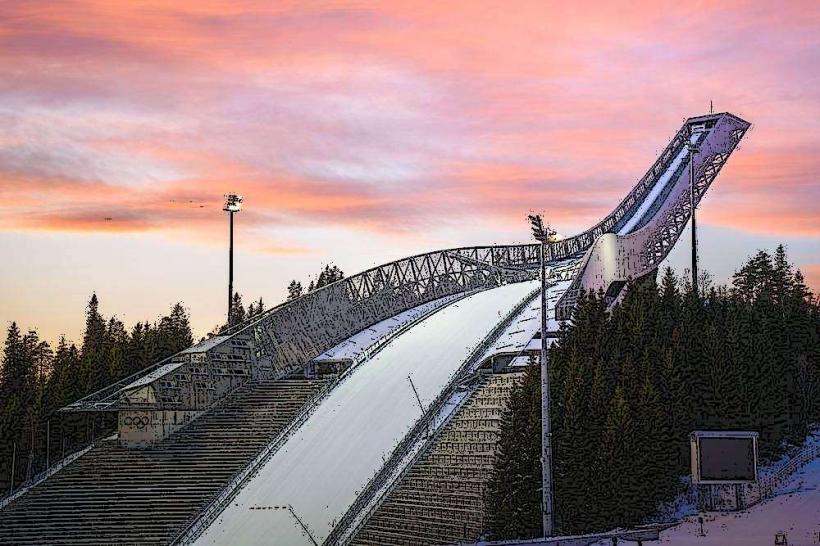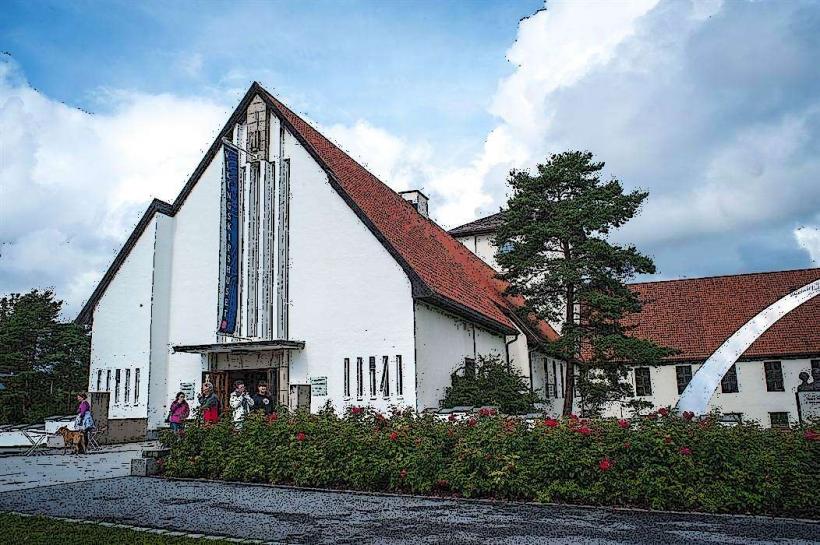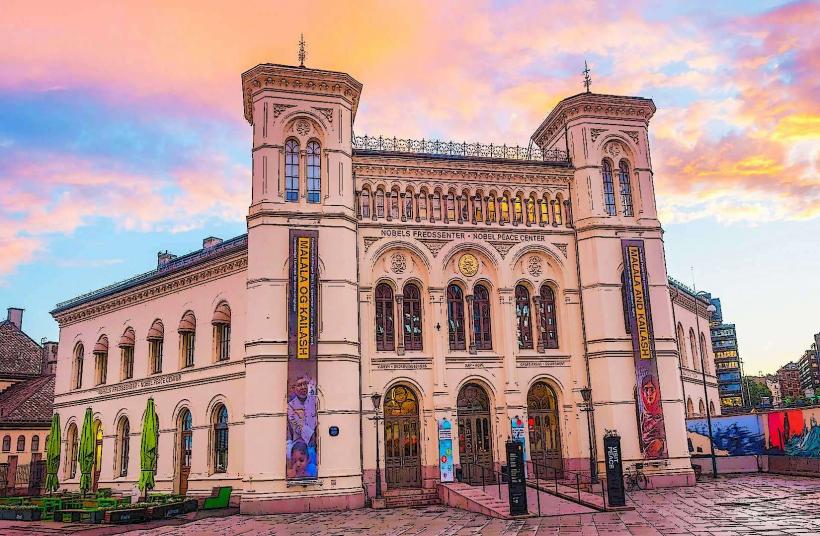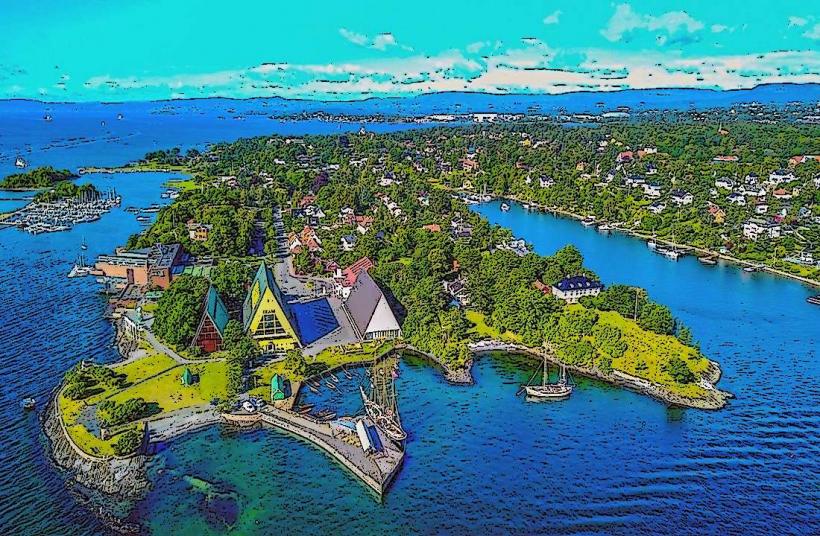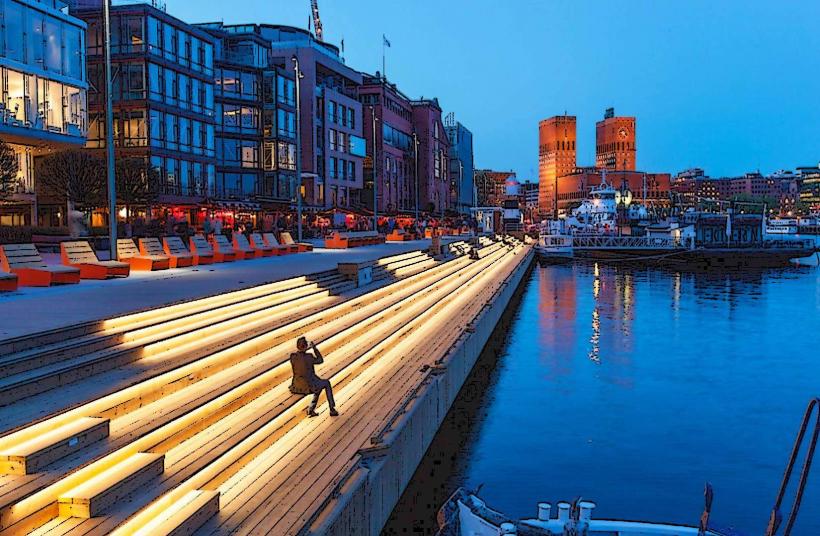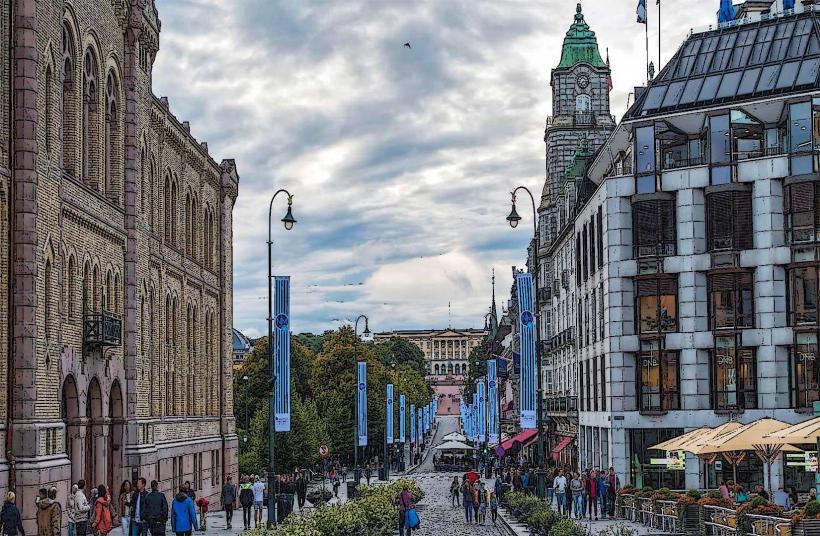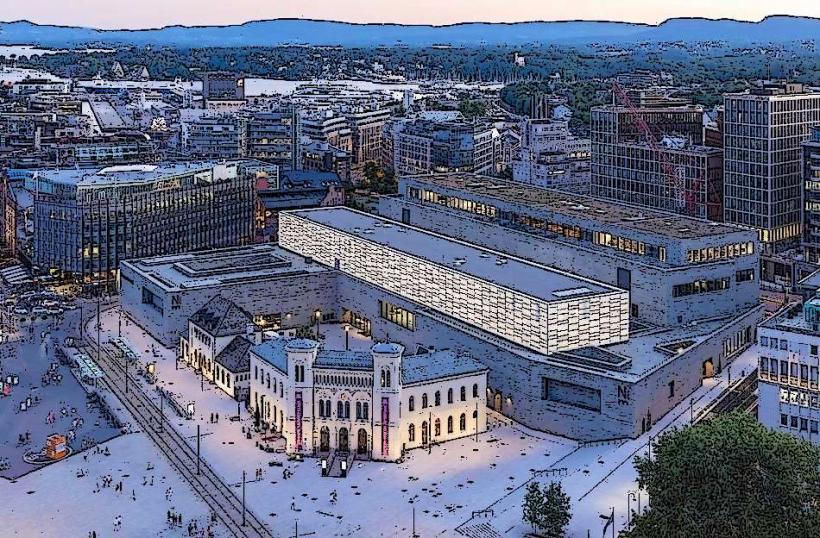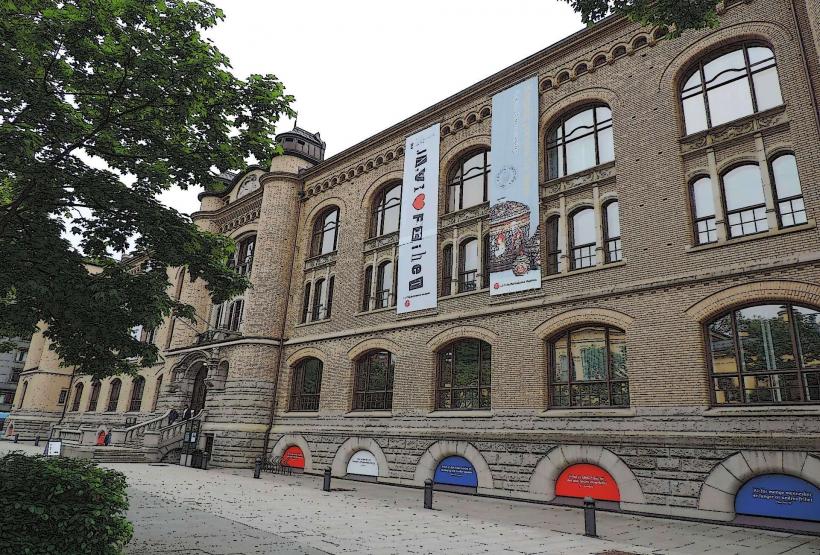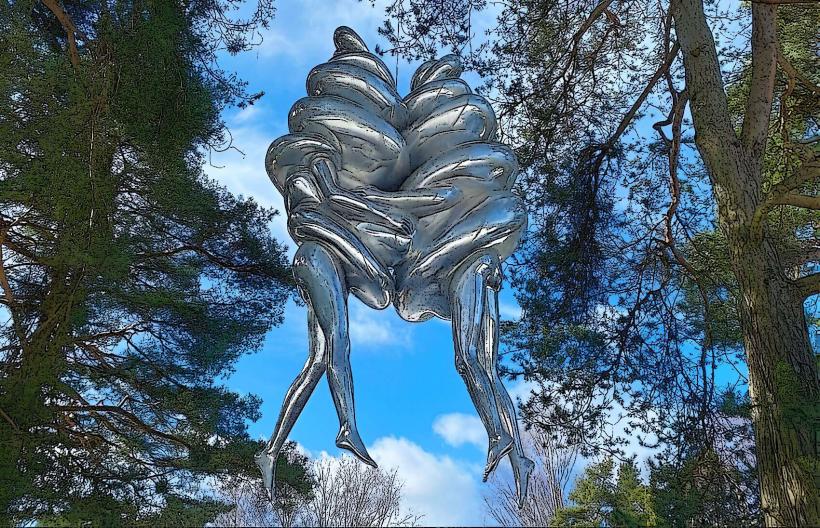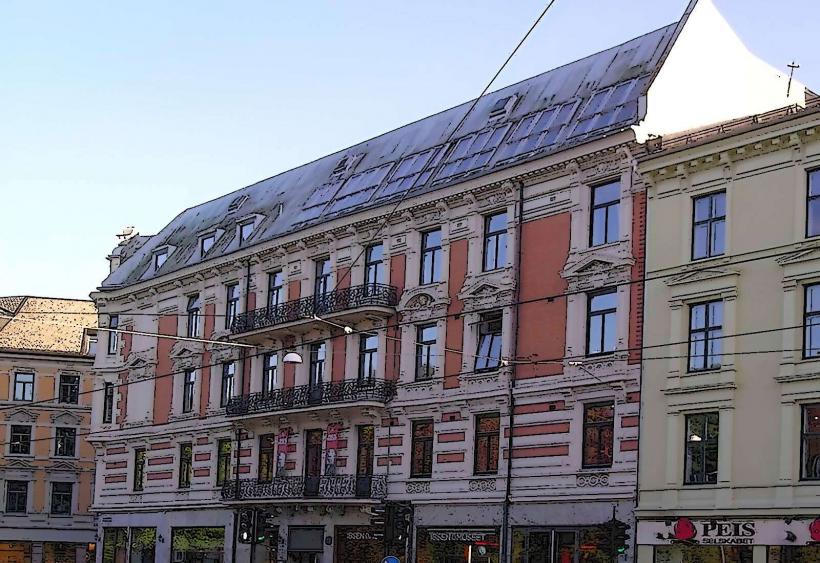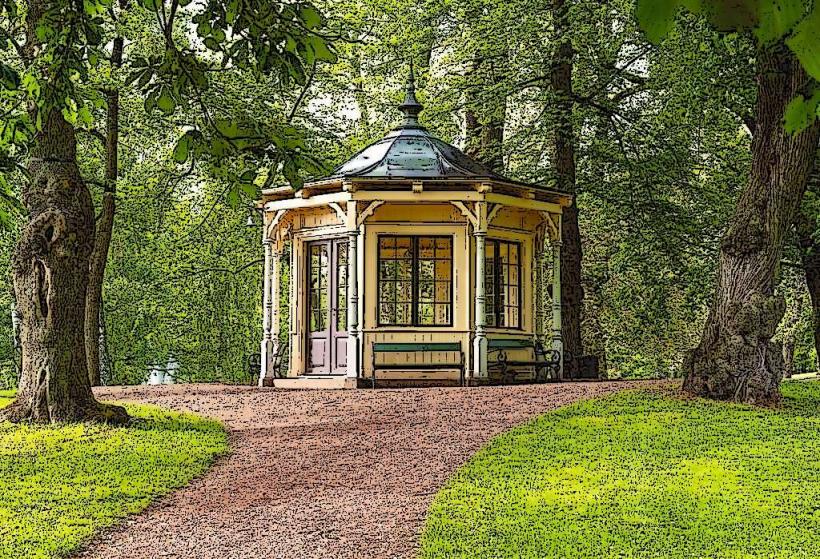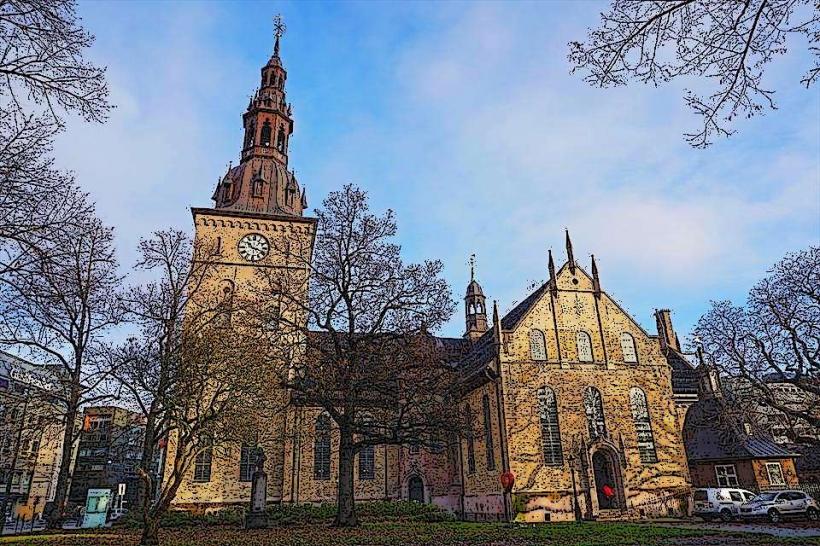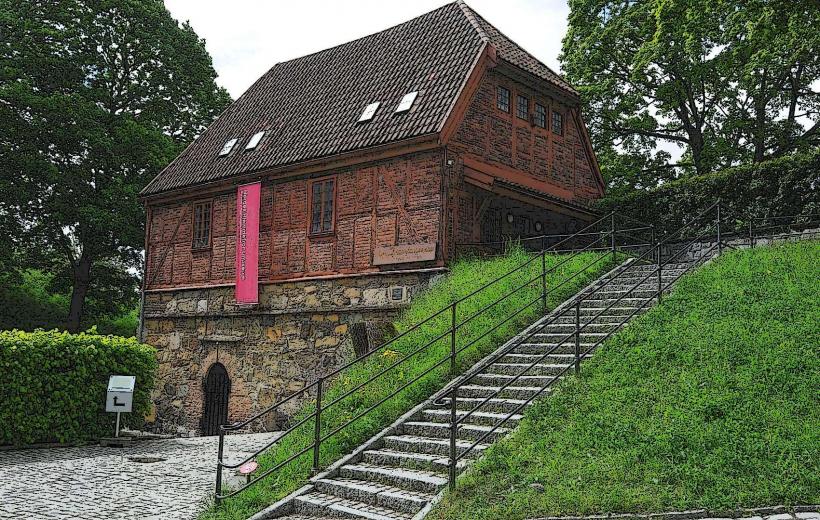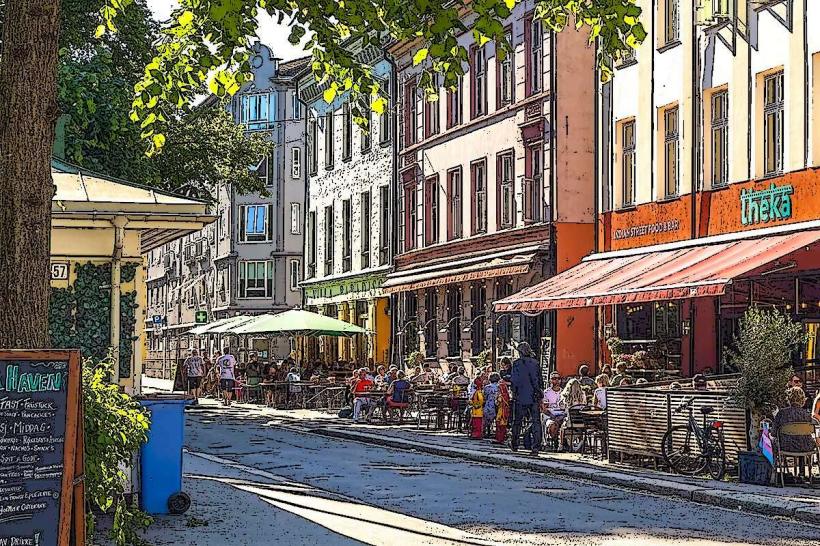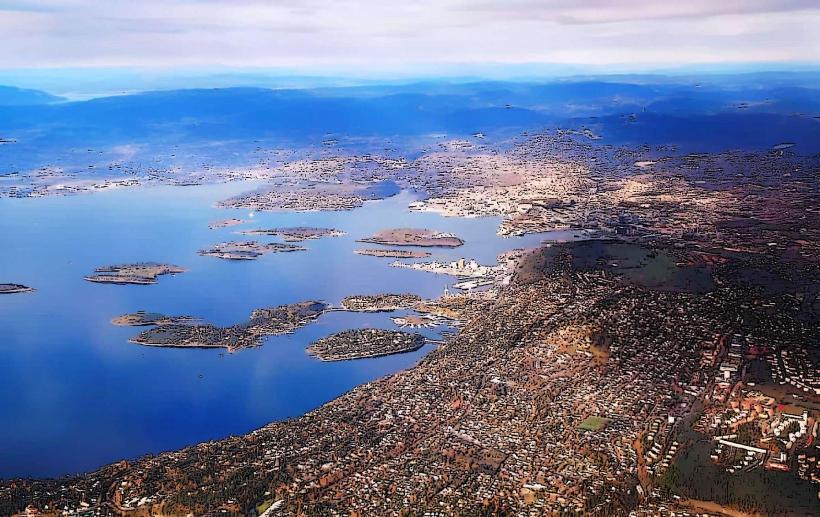Information
Landmark: Norsk FolkemuseumCity: Oslo
Country: Norway
Continent: Europe
Norsk Folkemuseum, Oslo, Norway, Europe
Norsk Folkemuseum is an open-air museum showcasing Norwegian cultural history. It is located on the Bygdøy Peninsula in Oslo, Norway.
Visual Characteristics
The museum features over 160 buildings, primarily wooden structures, relocated from various regions of Norway. These include traditional farmsteads, urban houses, and the Gol Stave Church, a dark timber structure with intricate carvings and tiered roofs. Buildings vary in size and color, reflecting regional architectural diversity, from unpainted log cabins to painted urban dwellings.
Location & Access Logistics
The museum is located at Museumsveien 10, 0287 Oslo, approximately 5 kilometers southwest of Oslo city center. By car: Follow signs for Bygdøy from the city center. Parking is available on-site for a fee. Public transport: Bus line 30 (Bygdøy) departs from Jernbanetorget in Oslo city center, with a stop directly outside the museum. During summer, a ferry service (route 92) operates from Rådhusbrygge 3 to Dronningen, a short walk from the museum.
Historical & Ecological Origin
The Norsk Folkemuseum was founded in 1894 by Hans Aall. Its original purpose was to collect and preserve examples of Norwegian folk culture and history, primarily through the relocation and reconstruction of historic buildings. The Gol Stave Church, a central exhibit, dates from approximately 1200 and was moved to the museum in 1885.
Key Highlights & Activities
Visitors can explore the open-air collection of historic buildings, including the Gol Stave Church and various farmsteads. Indoor exhibitions cover folk art, traditional costumes, and Sami culture. Demonstrations of traditional crafts and activities, such as baking and weaving, are often available, particularly during peak season.
Infrastructure & Amenities
Restrooms are available throughout the museum grounds. Limited natural shade is provided by trees, with some covered areas within buildings. 4G/5G cell phone signal is generally strong across the site. A café and a museum shop are located near the main entrance, offering food and beverages.
Best Time to Visit
The museum is best visited during the summer months (June to August) for optimal weather and full program availability. Weekday mornings typically offer fewer crowds. Photography is generally good throughout the day due to the open-air nature, but late afternoon light can enhance the timber structures. No tide requirements apply.
Facts & Legends
The Gol Stave Church, originally from Gol in Hallingdal, was saved from demolition in the 19th century by the Society for the Preservation of Ancient Norwegian Monuments and later acquired by King Oscar II, who established the world's first open-air museum on Bygdøy, which eventually merged with Norsk Folkemuseum. A practical tip: Allow at least 3-4 hours to explore the extensive grounds and indoor exhibits thoroughly.
Nearby Landmarks
- Viking Ship Museum: 0.5km West
- Kon-Tiki Museum: 0.7km West
- Fram Museum: 0.8km West
- Norwegian Maritime Museum: 0.6km West
- Oscarshall Palace: 1.5km South

